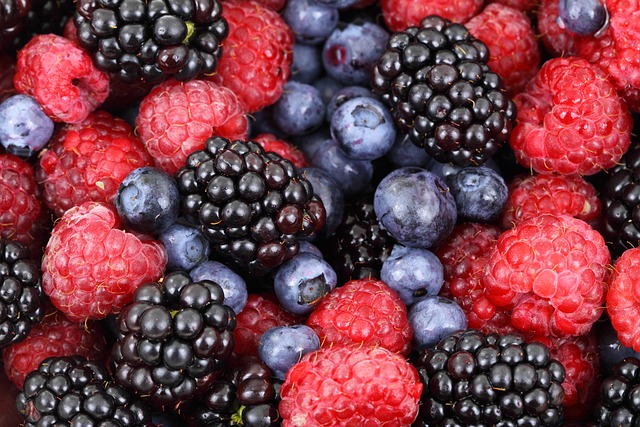From Yogurt to Kombucha: Exploring Different Probiotic Sources
If you are interested in gut health, you have probably heard of probiotics. These beneficial bacteria can be found in various foods and supplements. In this article, we will explore some of the most popular probiotic sources, from yogurt to kombucha.
Yogurt
Yogurt is one of the most well-known probiotic sources. It is made by fermenting milk with beneficial bacteria, such as Lactobacillus acidophilus and Bifidobacterium lactis. The fermentation process produces lactic acid, which gives yogurt its tangy taste and thick texture.
When choosing yogurt as a probiotic source, it is important to look for brands that contain live and active cultures. These cultures provide the beneficial bacteria that your gut needs to thrive. Additionally, plain yogurt is a better choice than flavored or sweetened yogurt, which may contain added sugars or artificial flavors.
Kefir
Kefir is a fermented milk drink that is similar to yogurt. It is made by adding kefir grains to milk and allowing the mixture to ferment. Kefir grains are not actually grains, but rather a combination of bacteria and yeast that form a symbiotic culture.
Like yogurt, kefir is a good probiotic source. It contains a variety of beneficial bacteria and yeasts, including Lactobacillus acidophilus and Saccharomyces kefir. Kefir may also have more probiotic diversity than yogurt, which can be beneficial for gut health.
Sauerkraut
Sauerkraut is a traditional German dish made from fermented cabbage. The fermentation process produces lactic acid, which gives sauerkraut its sour taste and helps preserve the cabbage.
Although sauerkraut is not a dairy product, it can still be a good source of probiotics. It contains beneficial bacteria, such as Lactobacillus plantarum and Leuconostoc mesenteroides. Additionally, sauerkraut is rich in fiber and vitamins, making it a healthy addition to your diet.
Kombucha
Kombucha is a fermented tea drink that has gained popularity in recent years. It is made by adding a SCOBY (symbiotic culture of bacteria and yeast) to sweetened tea and allowing the mixture to ferment.
Like sauerkraut, kombucha can be a good non-dairy source of probiotics. It contains beneficial bacteria and yeasts, including Gluconacetobacter xylinus and Brettanomyces bruxellensis. Kombucha may also have other health benefits, such as antioxidant properties and improved digestion.
Probiotic Supplements
In addition to probiotic-rich foods, supplements are another way to incorporate beneficial bacteria into your diet. Probiotic supplements come in various forms, such as capsules, powders, and chewables.
When choosing a probiotic supplement, it is important to look for a product that contains a variety of bacterial strains. Different strains of bacteria have different health benefits, so a diverse supplement can provide broader support for gut health. Additionally, look for supplements that are shelf-stable and use enteric coatings, which can protect the bacteria from stomach acid and improve absorption.
Conclusion
Probiotics are beneficial bacteria that can support gut health and overall well-being. From yogurt to kombucha, there are many different probiotic sources to choose from. Incorporating probiotic-rich foods and supplements into your diet can be a simple and effective way to support your gut microbiome.







